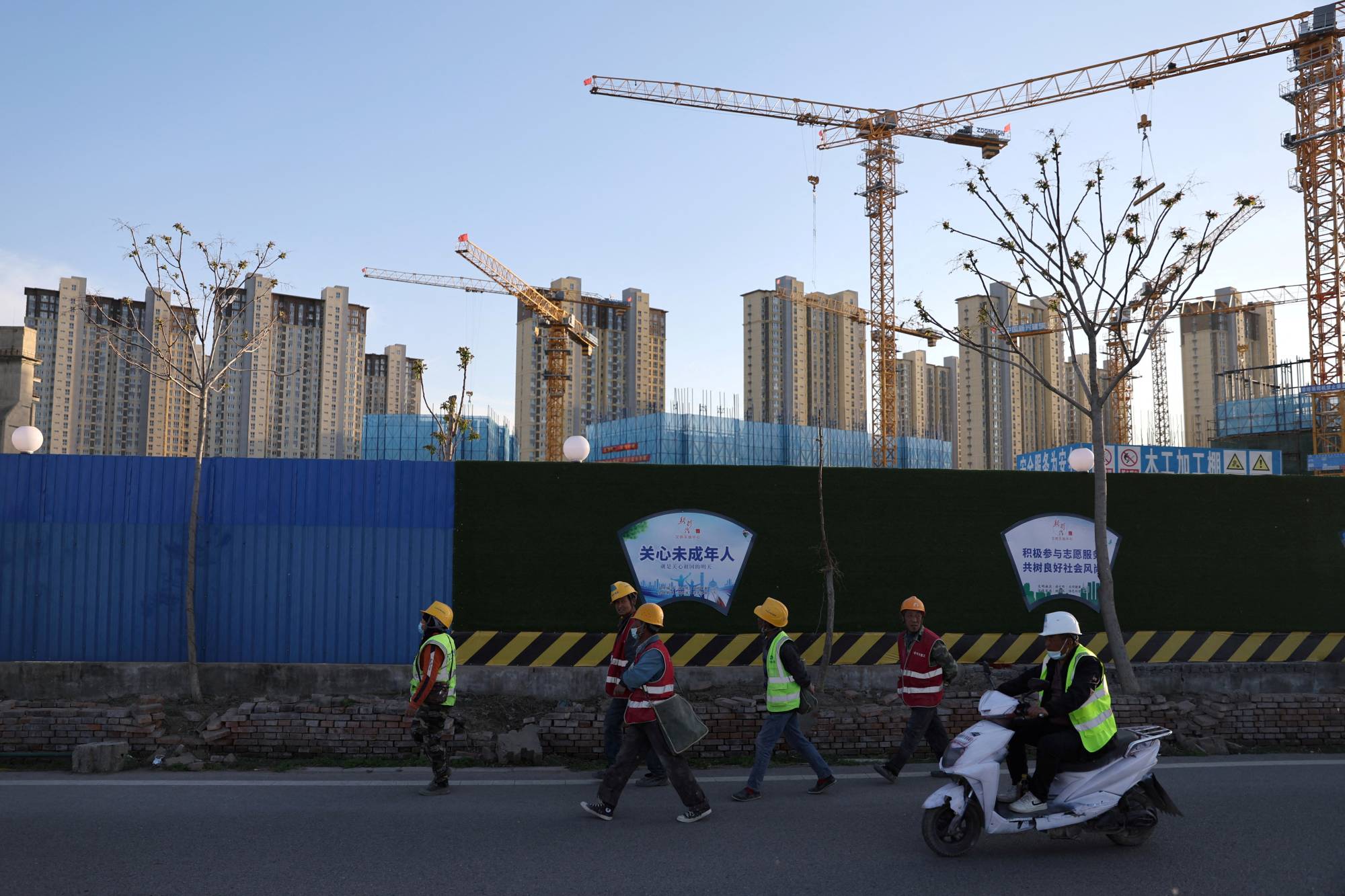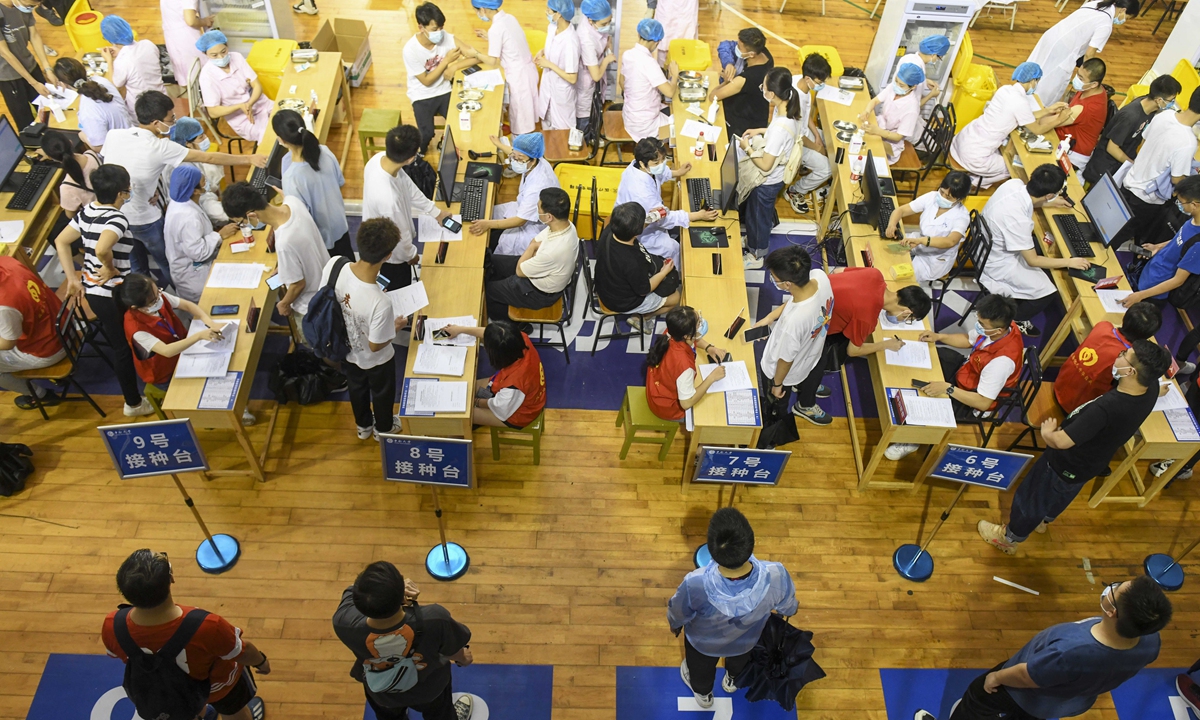黄杨钿田的“230万元耳环”风波正在网络上持续发酵,而最新的戏剧性转折是:她的父亲跳出来发声,称这副耳环“是假的”。可问题是——谁会特地向公众证明自己买的是“假货”?
常理告诉我们,除非心里有鬼,否则没人会主动宣称自己戴的是A货。更何况,黄杨钿田本人早前已经解释过:“这是妈妈的耳环”。以他们家的社会经济地位,又有多少可能去拼多多买“9块9包邮”的假货?显然,这是一场尴尬的公关补救,甚至更像是一种“自保式澄清”——说白了,是为了避免引火烧身。
这起事件让人不禁联想到此前董小姐“4+4医学门”的舆论风暴。同样的“精英”背景,同样的“家族护航”,同样在舆论前将事实轻描淡写地一笔带过,表面澄清,实则转移焦点。我们看到的,不只是个案,更是一个愈发固化、分化的社会现实。
一个230万元的耳环,对大多数中国普通家庭来说,意味着什么?它可能是一套房子,全家三代安身立命;可能是一辆豪车,公司十年的资产;却在另一些人眼中,只是随手配饰,挂在耳垂、出入酒会的“消耗品”。
这正是当下中国社会阶层分化的真实写照。对富人而言,资源与机会触手可得,而对无数普通人来说,一生可能都无法接近这串耳环的价值。不是因为不够努力,而是因为起点不同、通道堵塞、壁垒重重。
当“精致穷”变成“精致富”的装饰游戏,当寒门难出贵子变得越来越真实,我们必须直面一个问题:中国社会正在经历怎样的分层?这不是仇富情绪,而是对不公的本能反应。
要警惕的,不是某个明星的消费能力,而是一个系统性的问题:特权可以掩盖真相、财富可以淡化责任,而普通人却要为每一分钱奔命,为每一次“翻身”赌上命运。
——230万元耳环不过是表象,真正刺痛人心的,是那背后毫无遮掩的阶级鸿沟。
The controversy surrounding Huang Yangdiantian’s 2.3 million RMB earrings continues to escalate online. And now, in a sudden twist, her father has come forward to claim that the earrings were “fake.” But let’s be honest—who goes out of their way to prove that what they bought is a knockoff?
Unless there’s something to hide, no one proudly declares their luxury item is counterfeit. Especially when Huang herself had already stated that the earrings belonged to her mother. Given their family’s apparent wealth and social status, it’s laughable to suggest they’d shop for fake accessories from a bargain platform selling “$1.99 with free shipping.” Her father’s explanation feels more like a public relations move—a desperate attempt to protect their image as backlash mounts.
This case echoes the recent scandal involving “Ms. Dong” and the privileged abuse of China’s “4+4 medical program.” Both are striking examples of how the elite bend reality, escape scrutiny, and rely on family connections to soften public outrage. These aren’t isolated incidents—they reflect a broader, increasingly visible pattern of entrenched privilege and social stratification.
Let’s break it down: what does 2.3 million RMB mean to an ordinary Chinese family?
It could be the down payment—or full price—of a home that houses three generations.
It could be the value of a company car, or years of hard-earned savings.
But to some, it’s simply a pair of earrings. An accessory. An afterthought.
And that is exactly the point.
This incident lays bare the growing inequality in Chinese society. For the wealthy, luxury is effortless. For the rest, upward mobility feels increasingly impossible. Not because they aren’t working hard—but because the starting lines are different, and the barriers are real.
When privilege means immunity, when connections replace qualifications, when wealth shields accountability—it’s not just frustrating, it’s destabilizing. The problem isn’t that someone wore expensive jewelry. The problem is that such excess exists so casually in a society where many work a lifetime and still fall short of what that jewelry is worth.
This is not about hating the rich. It’s about recognizing the injustice of a system that allows the elite to float above consequence, while the majority grind with no real safety net.
— The earrings are just a symbol. The real wound lies in the undeniable and widening gap between China’s social classes.
※新西兰全搜索©️版权所有
敬请关注新西兰全搜索New Zealand Review 在各大社交媒体平台的公众号。从这里读懂新西兰!️
了解 新西兰全搜索🔍 的更多信息
订阅后即可通过电子邮件收到最新文章。




